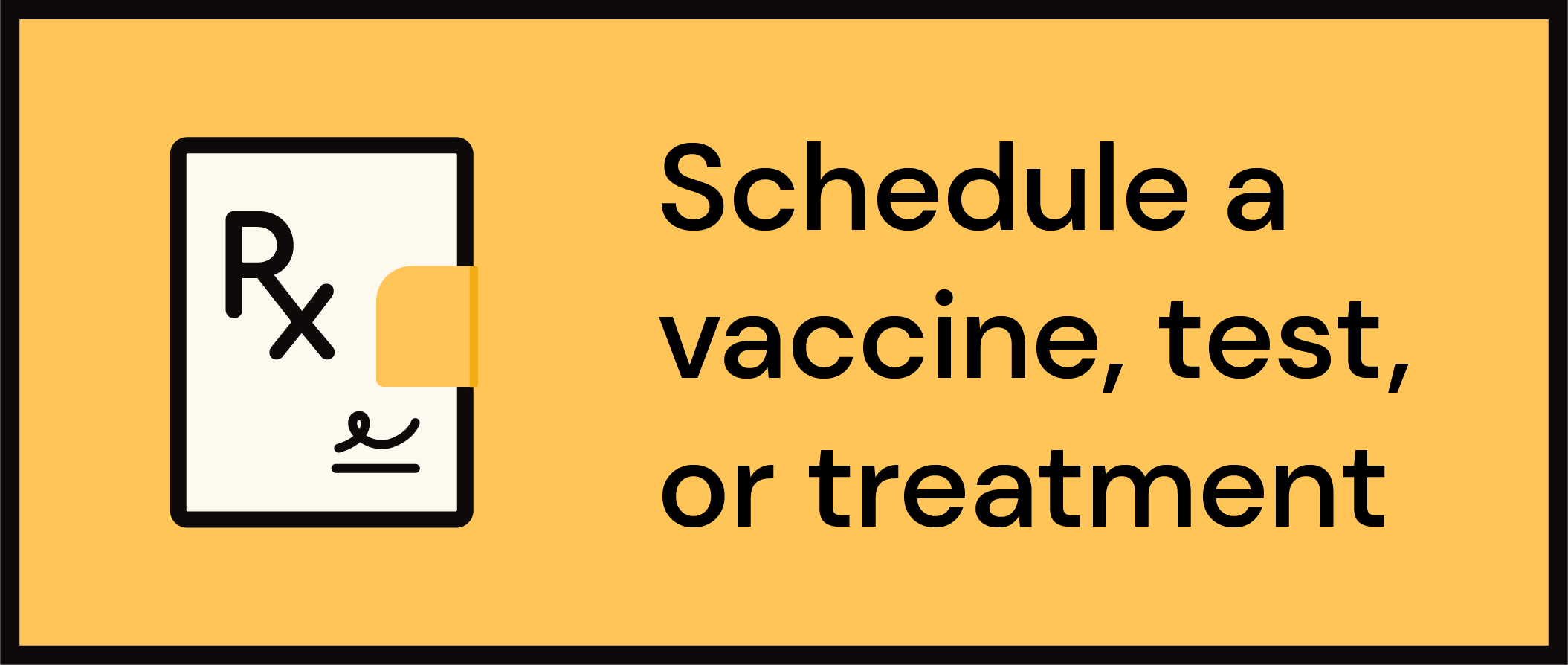Get Healthy!

- Dennis Thompson
- Posted October 24, 2022
Marijuana Users May Feel More Post-Surgery Pain: Study
Folks who regularly use weed could be in for a rocky road if they ever require major surgery, a new study reports.
Frequent marijuana users tend to experience more pain as they recover from surgery, and they require more opioid drugs (like morphine) to deal with that pain, the researchers found.
"It's not an enormous amount of additional pain compared to non-users, we found, but we can't say don't worry about it because it's not too much,"said lead researcher Dr. Elyad Ekrami. He is a clinical research fellow with the Cleveland Clinic's Anesthesiology Institute. "They needed more opioids to cure their pain, so this is something that is meaningful."
The researchers presented their findings Sunday at the annual meeting of the American Society of Anesthesiologists, held in New Orleans.
Marijuana legalization is expanding across the United States, with recreational use approved in 19 states and medical use in 37 states, according to the National Conference of State Legislatures.
But little has been proven about how marijuana use might affect a person during and after surgery, outside what doctors, nurses and anesthesiologists observe in the hospital.
"When a patient is using marijuana, the moment when I start inducing -- giving them medications to have them go to sleep -- that's when I see the difference,"said Dr. Qian Cece Chen, an anesthesiologist with NYU Langone Health in New York City. "They need a lot more to go to sleep."
Further, marijuana users need more pain medications to stay under during surgery, based on the brain waves, vital signs and breathing patterns that doctors and nurses observe, Chen said.
"Even in full anesthesia, we see the difference,"Chen said.
To learn more, Ekrami and his colleagues analyzed data on more than 34,500 patients who had surgery at the Cleveland Clinic lasting more than one hour between 2010 and 2020, and whose recovery required at least a day's stay afterward.
Of those patients, nearly 1,700 had used marijuana within 30 days of surgery, the researchers said.
Marijuana users reported 14% more pain during the first 24 hours following surgery compared to non-users, the results showed. They also consumed 7% more opioids after surgery to cope with their pain.
There are several theories why marijuana use might make people more sensitive to pain, experts said.
Marijuana is known to affect brain receptors that respond to chemicals contained in both weed and opioids, Ekrami said. Regular marijuana use could desensitize those receptors, making opioid painkillers less effective during and after surgery.
The fact that fully sedated marijuana-using patients need more opioids to keep them anesthetized is evidence that these brain receptors likely are being jumbled by regular marijuana exposure, Chen said.
"Under anesthesia, with the suppression of brain activity, that shouldn't be a component,"Chen said. "They shouldn't be processing any of that surgical stimulation, but they do respond do it."
It's also possible that some are using marijuana to self-medicate and cope with anxiety or emotional problems, Chen said.
"In pain management, we know anxiety contributes to pain,"Chen said. Since they can't use weed in the hospital, it's possible that their unmanaged anxiety causes them to be more sensitive to pain.
Despite all this, the experts said not enough is known to advise patients to cut out marijuana use prior to surgery.
Tapering off might not have any effect on their altered receptors, and at the same time could make them more anxious and pain-prone.
"It's hard to give any recommendations at this point with the current evidence we have on whether to continue using or to stop using prior,"said Dr. Shalini Shah, chief of pain medicine at the University of California, Irvine. "I think the bottom line really comes down to giving guidance to physicians and clinicians in terms of trying to risk-mitigate your patients from adverse events postoperatively, for those who are on cannabis."
To that end, Shah advises patients to be brutally honest with their doctors about whatever recreational drugs they might be taking.
"The best thing is for patients to be upfront with their physician, their surgeon, their anesthesiologist about what substances -- whether it's cannabis or alcohol or methamphetamines -- that they're using prior to surgery,"Shah said. "Really have a frank conversation about, 'Hey, what are my risks? What's the best evidence? What should I do prior to surgery so I can have a healthy recovery?'"
Findings presented at medical meetings should be considered preliminary until published in a peer-reviewed journal.
More information
The U.S. Centers for Disease Control and Prevention has more about the health effects of marijuana.
SOURCES: Elyad Ekrami, MD, clinical research fellow, Cleveland Clinic's Anesthesiology Institute; Qian Cece Chen, MD, anesthesiologist, NYU Langone Health, New York City; Shalini Shah, MD, MBA, chief, pain medicine, University of California, Irvine; American Society of Anesthesiologists, news release, Oct. 23, 2022








